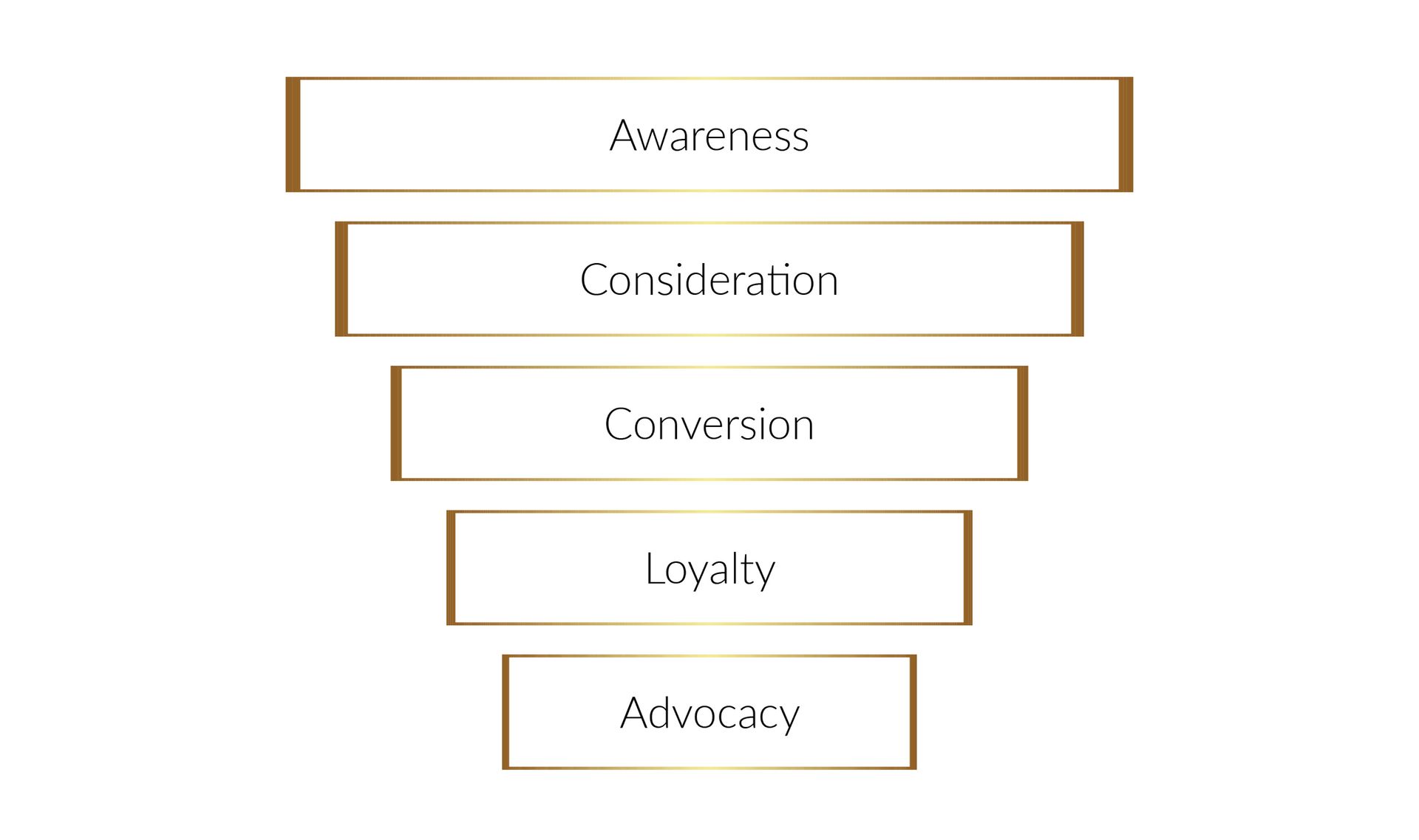Navigating the HR Career: The Role of Math and Beyond
Unraveling the HR Career Path: Math, Skills, and More

Navigating the HR Career: The Role of Math and Beyond
You're considering a career in Human Resources (HR), but you've been wondering, "Does HR require math?" or "What are the skills I need to possess to excel in this field?" In this detailed guide, we'll unveil the integral role math plays in HR, among other crucial skills, qualifications, and factors, for you to thrive in the realm of HR.
The Intersection of Math and HR
You might be surprised to hear that HR and math do intersect. Human Resources Management (HRM), in its essence, is about managing an organization's workforce, a responsibility that frequently necessitates quantitative decision-making. Whether you're reviewing employee performance metrics, calculating compensation and benefits, or strategizing workforce planning, math plays a pivotal role in your day-to-day activities as an HR professional.
However, this doesn't mean you'll be crunching complex equations or solving calculus problems. For most traditional HR roles, basic math, statistics, and business math are integral components. The type of math used in HR mainly involves the understanding and analysis of numerical data and the ability to make decisions based on this data.
In terms of your HR degree or coursework, you can anticipate classes in mathematics, statistics, and English, among others. These subjects form the foundation for the analytical skills you'll need in HR.
Breaking Down the HR Coursework
Is an HR degree challenging? The answer can vary based on personal strengths and areas of interest. HR is a multidisciplinary field blending business knowledge with human relations training. As such, it can pose challenges, but with the right preparation and study habits, you should find it manageable and highly rewarding.
Contrary to some beliefs, you don't need extensive calculus knowledge for HR. While some business majors might delve deep into calculus, HR typically requires a solid understanding of beginning calculus and statistics.
Core Qualifications and Skills for HR
Beyond math, there's a broader skill set that you'll need to develop to flourish in HR. Here are some of the fundamental skills and qualifications that can set you on the path to HR success:
- Relationship Building: The ability to foster relationships with staff at all levels is critical. You'll be interacting with various stakeholders, from top executives to new hires.
- Communication Skills: Effective communication is key in HR. You'll be responsible for clarifying policies, mediating disputes, and delivering critical information to the workforce.
- Leadership Skills: As an HR professional, you'll often need to lead initiatives, manage teams, and guide organizational change.
- Organizational Skills: HR involves juggling multiple responsibilities, from recruitment and onboarding to benefits management and compliance. You'll need strong organizational skills to manage these tasks effectively.
- Numerical Competence: As we've discussed, a level of comfort with numbers is beneficial in HR. This doesn't mean you need to be a math whiz, but you should be able to understand and analyze numerical data.
- Collaborative Spirit: HR is about working with others and respecting their views. A cooperative and respectful approach can go a long way.
The Scope of HR: A Snapshot
Human Resources isn't just about recruitment or payroll; it's a comprehensive function that oversees various aspects of employee management. At its core, HR handles five primary duties: talent management, compensation and benefits, training and development, compliance, and workplace safety. As you navigate your HR career, you'll likely touch on all these areas, making your role diverse and dynamic.
The Financial Aspect of HR
Finally, let's address the financial question: Can you make six figures in HR? The answer is a resounding yes. As a field, HR offers competitive compensation. Entry-level HR professionals can expect an average income of about $70,000 per year in the United States, with the potential to earn over six figures with experience and specialization, according to the Bureau of Labor Statistics (BLS).
The Easiest HR Courses
If you're just beginning your journey in HR, you might wonder which courses can provide a comprehensive yet digestible introduction to the field. The HR Generalist Certification, a PHR Certificate, and PHR (Professional in Human Resources) are often considered the most user-friendly options. These certifications equip you with the knowledge and skills that are directly applicable in most HR roles.
In conclusion, a career in HR offers immense scope for personal growth, financial stability, and the chance to make a difference in people's work lives. While math is a component of this career, it's balanced by a diverse set of other skills and qualifications. So if you're contemplating HR as a career, don't let the math deter you. Embrace the challenge and let your journey in HR begin!




